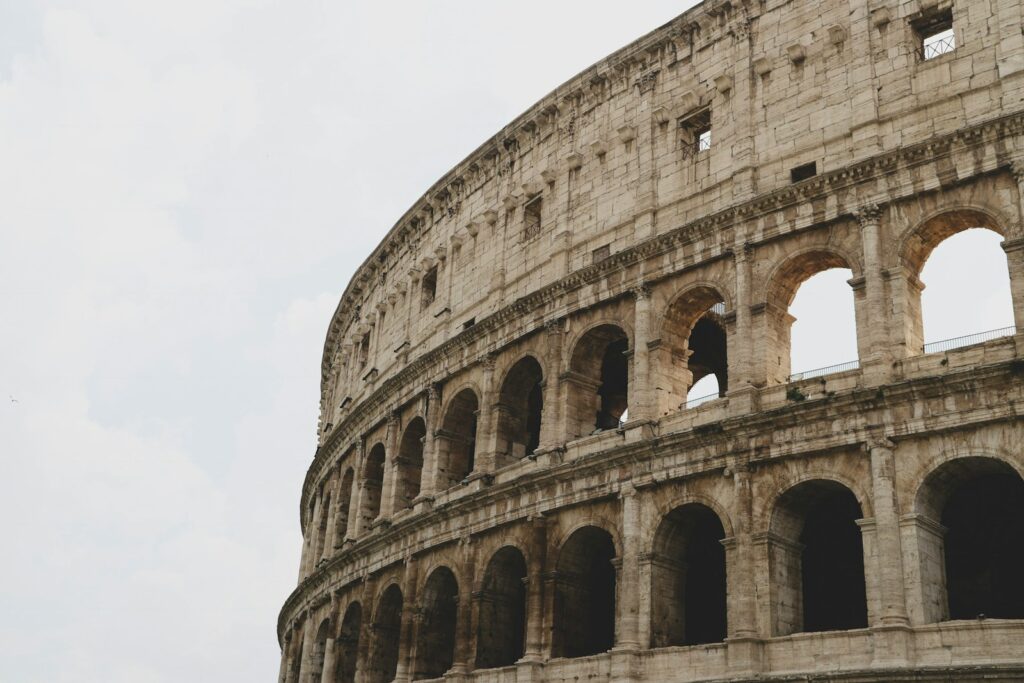Rome, Italy – Recent excavations for a new parking facility in Rome have led to an extraordinary archaeological discovery, revealing remnants of what are believed to be the lavish gardens of the infamous Roman Emperor Caligula. This unexpected find has sparked renewed interest in Caligula’s historical legacy, prompting scholars to reassess the cultural and historical significance of this era.
As construction crews began their work, they unearthed structures and artifacts that suggest a once opulent landscape, characterized by elaborate gardens filled with exotic plants and possibly even fountains. Archaeologists involved in the project have noted that these gardens were likely used for leisure and entertainment, reflecting the extravagant lifestyle associated with Caligula’s reign.
Historians have long debated Caligula’s controversial rule, often characterized by tales of excess and tyranny. However, this discovery offers a tangible connection to the past, providing insights into the social and architectural practices of the time. The gardens, believed to be located near the Palatine Hill, are expected to shed light on the daily lives of the Roman elite and their interactions with nature.
Experts are currently analyzing the site, which promises to yield further insights into the horticultural practices of ancient Rome. This excavation not only highlights the architectural ingenuity of the period but also underscores the importance of preserving cultural heritage in modern urban developments.
The findings will be significant for both historians and the broader public, fostering a deeper understanding of the complexities of Roman imperial history. As more details emerge from the site, the narrative surrounding Caligula may evolve, offering a richer tapestry of the Roman Empire’s legacy.



